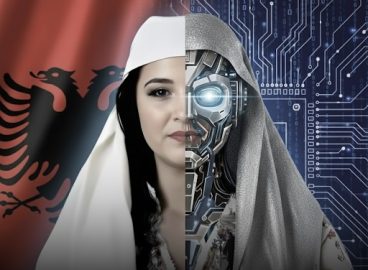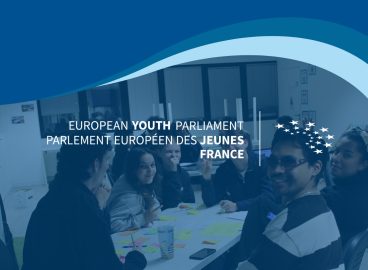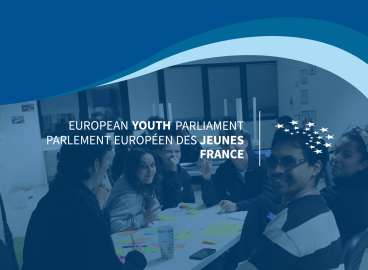“Trust without believing”: How Azerbaijani youth consume media they don’t trust
“I don’t trust the media.” Among Azerbaijani youth, this sentence is not a provocation or a political statement.
Who writes the news and how to know what is trustworthy – an interview with Peter Palovič
In the next episode of the PulseZ podcast I spoke with the editor-in-chief of the news department of Rádio Expres, Peter Palovič.
Diella, Albania’s AI Minister, Can an Algorithm Fight Corruption
Albania has introduced an AI ‘minister’ to oversee public procurement, promising a future free of corruption. But can algorithms deliver fairness and accountability, or do they risk replacing democratic choices with opaque code.
- Celebrating diversity
- Clima
- Connecting the dots
- Current affairs
- Diversity and inclusion
- Fun
- General
- Misinformation
- Youth
Greenwashing by large companies
We are increasingly aware of our environmental impact. This is pushing companies to act, whether for purely legislative reasons, to improve their brand image, or as a result of a genuine desire to reduce their footprint on the planet.
Debate Kit – Digital Security
The European Youth Parliament – France is a citizenship education association run by and for young people. Organized as a network, we offer a variety of activities that allow 15-25 year olds to experience active citizenship through meetings, expression, and debate.
Procaccini (FdI): "Trump's comments on Europe are harsh but accurate. The EU is ferocious against Musk."
We gathered the views of Nicola Procaccini, co-president of the Conservatives group in the European Parliament representing the Italian Left (FdI), and Tommaso Foti, Minister for European Affairs, on the delicate moment Europe is going through in its relations with the United States: the harsh attacks on European institutions launched by the Trump administration and those of Elon Musk, as well as the increasingly uncertain position on Ukraine, which is putting the Meloni government in difficulty.
Erasmus+ returns to the United Kingdom: students will be able to participate in the EU exchange program from 2027.
After a five-year absence due to Brexit, the United Kingdom will rejoin Erasmus+, enabling academic and cultural exchanges with Europe. This significant agreement, worth a staggering £570 million, strengthens ties between young people and universities on both sides of the continent.
Rethinking Higher Education: Essay
A common concern is that without a university degree, stable employment will be out of reach. While higher education can certainly open doors, it’s not the only path.
Being Different in Eastern Europe: Essay
In many parts of the world, political division has intensified in recent years, and Eastern Europe is no exception.






